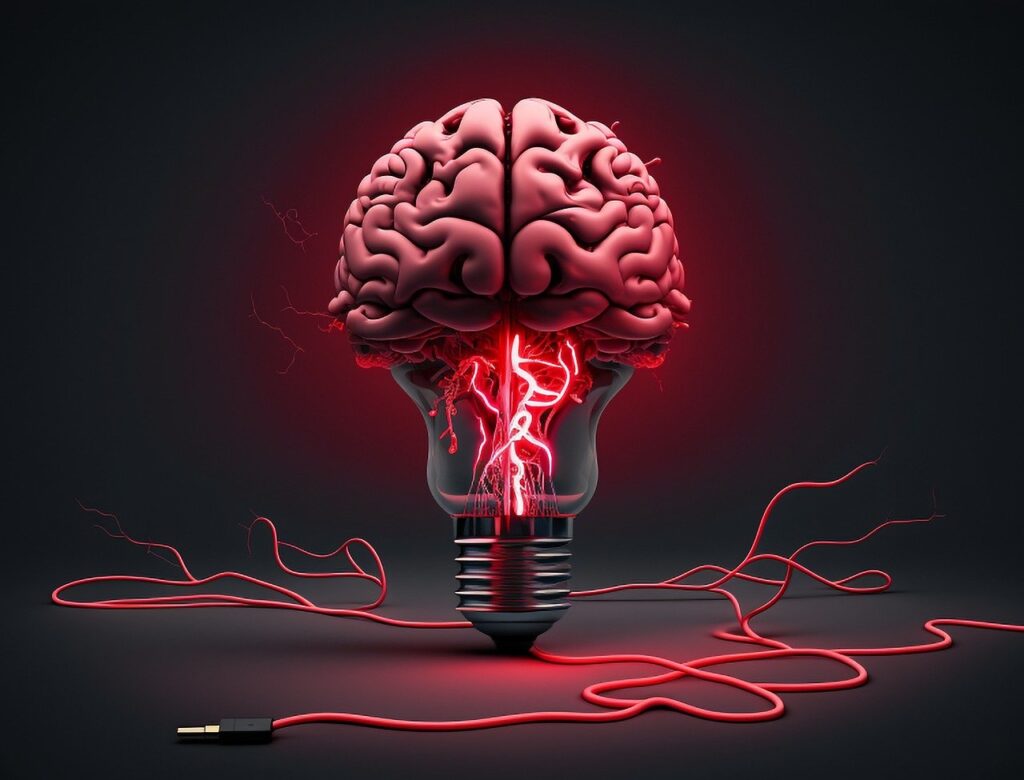As blockchain continues to evolve, the next frontier seems clear: integrating artificial intelligence (AI) to expand the capabilities of decentralized technologies. This vision is now being championed by leading blockchain entities Tether and Coinbase, who have each announced AI-driven tools aimed at fostering a new wave of private and autonomous blockchain applications. These tools promise to empower developers and enhance user engagement by providing privacy-focused and onchain automation capabilities. Let’s take a closer look at what these groundbreaking tools offer and how they could shape the future of blockchain.

Tether and Coinbase are pioneering the next wave of blockchain innovation—one that blends AI’s intelligence with blockchain’s autonomy, making decentralized tech more accessible and user-driven than ever before.

1. Tether’s Local AI Development Kit: Prioritizing Privacy and Accessibility
Tether’s approach to AI centers on privacy, giving developers the resources they need to create peer-to-peer (P2P) AI applications that prioritize user confidentiality. Unveiled at the Lugano Plan ₿ conference, Tether’s Local AI Development Kit is a modular software development kit (SDK) designed for a wide range of devices, from smartphones to high-end computers. What sets this kit apart is its ability to run entirely on-device, eliminating the need for centralized servers and thus enhancing privacy for users.
Built on Bare, a JavaScript runtime environment similar to Node.js, this kit allows developers to create applications that are asynchronous and event-driven, providing compatibility across different devices. This broad adaptability makes it possible for developers to create AI applications that can run on everyday devices, bringing AI capabilities to a much wider audience. Tether’s kit is also flexible, supporting multiple AI models such as Marian and Llama, which can be tailored for specific AI applications. Once testing is complete, Tether plans to make the Local AI kit open-source, giving the developer community tools to innovate further in private and scalable AI applications.
With this SDK, Tether aims to support secure and privacy-focused AI applications that can be accessed by anyone, regardless of their device. The ability to store and load model weights within a P2P framework ensures that all processes happen on-device, minimizing the need for external data sharing. For users, this means that they can enjoy the benefits of AI without compromising their privacy.
2. Coinbase’s Based Agent: Enabling Autonomous Blockchain Agents
Coinbase, meanwhile, is exploring autonomy on the blockchain with its Based Agent platform, announced by Coinbase product programmer Lincoln Murr. Designed to allow users to create onchain agents capable of acting independently, Based Agent is built on the Base blockchain and incorporates the Coinbase Developer Platform (CDP), OpenAI’s language model, and Replit.
Setting up a Based Agent is relatively straightforward, requiring API keys from Coinbase and OpenAI, and a Replit template. Once configured, these autonomous agents can perform a range of blockchain actions on their own, including creating ERC20 tokens, deploying NFTs, transferring assets, and even generating artwork via OpenAI’s DALL-E. This hands-free approach allows the agent to check balances, interact with smart contracts, and initiate transactions autonomously. By executing tasks every ten seconds, these agents can evaluate the current situation and decide their next course of action, making them useful in a wide range of experimental blockchain applications.
By giving users the ability to create autonomous onchain agents, Coinbase is simplifying the process of exploring blockchain capabilities. This tool isn’t just for developers—it’s an accessible entry point for non-technical users who want to experiment with blockchain without needing to know coding. Based Agent serves as a testing ground where developers and users alike can innovate, pushing the boundaries of what autonomous blockchain applications can accomplish.
3. The Potential of AI and Blockchain Synergy
With Tether focusing on privacy-centric AI applications and Coinbase pioneering onchain autonomy, these two companies are exploring complementary avenues for merging AI and blockchain technology. While Tether’s Local AI kit enables privacy-preserving applications that run independently of centralized servers, Coinbase’s Based Agent provides a way to create self-sufficient blockchain agents that can make decisions and execute actions on behalf of users.
This alignment between AI and blockchain opens up a host of possibilities, from creating personalized financial services to enabling secure, automated supply chains. The decentralized nature of blockchain combined with the adaptability of AI could lead to new ways of interacting with digital systems that are both secure and autonomous. Imagine a future where AI-driven blockchain agents could carry out complex transactions, verify identities, and manage assets—all while maintaining high levels of privacy and transparency.
However, as with any innovation, there are challenges ahead. Developing these technologies to ensure they remain secure, efficient, and beneficial to users requires ongoing effort and adaptation. While Tether and Coinbase are setting the stage, it remains to be seen how other blockchain platforms will respond to this call for AI and blockchain synergy.
Final Thoughts
As Tether and Coinbase delve deeper into AI, their efforts underscore the tremendous potential of combining blockchain’s security with AI’s adaptability. These tools not only advance blockchain technology but also bring it closer to a broader audience. For developers and users alike, these platforms offer exciting opportunities to experiment with privacy-centric and autonomous applications, pushing blockchain into uncharted territories. Whether it’s privacy-focused AI or autonomous blockchain agents, Tether and Coinbase are lighting the way toward a more versatile and user-centered blockchain ecosystem.





